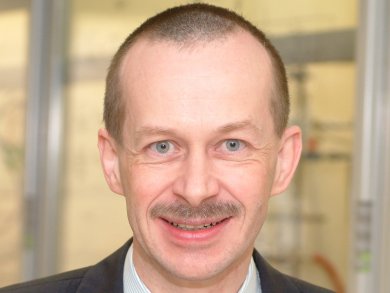The public perception of chemistry and lack of financial resources are two threats to basic research. Projects that do not have an immediate application to fulfill a political expectation will not get funded.
In his Editorial in Angewandte Chemie, Alois Fürstner, Max Planck Institute for Coal Research, Mülheim an der Ruhr, Germany, who is the new Chairman of the Editorial Board of Angewandte Chemie, gives some examples of successful concepts that were not planned with short-term goals in mind, such as palladium catalysis. This catalysis is used in the process to make so many things that we use in everyday life, yet its discovery arose from curiosity-driven investigations. Other examples include what is now known as Suzuki coupling, and Ziegler’s discovery of carbometalation reactions. Total synthesis requires multiple steps, is labor-intensive, and expensive. However, products such as vitamin C and anticancer agents are all made by total synthesis. Indeed, some of the biggest successes are from projects that did not have practical meaning at the time of conception.
Fürstner reminds us that the time of great discoveries in synthesis and catalysis is far from over and urges scientists to work together to make sure that the best science is supported.
- What Matters?
Alois Fürstner,
Angew. Chem. Int. Ed. 2014.
DOI: 10.1002/anie.201309315




